Cysts
Home » Conditions » Cysts
Award winning dermatology service, with over 20 years on experience
Short waiting lists, on some occasions offering same week appointments
Safe environment, in Care Quality Commission approved facilities
CYST Treatments Include:
Everything you need to know skin cyst removal
A cyst is a fluid filled lump that sits just underneath the skin. They are usually round in shape and often are yellow or white with a small dark plug through which pus can be squeezed out. Cysts are very common and are usually nothing to worry about. They may disappear on their own without any treatment, but it is worth getting your cyst checked by a doctor if you are worried or if the cyst becomes sore or infected.
While cysts are usually nothing to worry about, growths on the skin can be an indication of a more serious health problem, so it is important to get any lumps and bumps checked by a consultant dermatologist to rule out anything that may require further investigation.
Alternative names: Sebaceous cyst, epidermoid cyst, pilar cyst, acne cyst, comedone, nodulocystic acne, steatocystoma multiplex, pilonidal cyst, myxoid cyst, boil, abscess, furuncle.
WHAT CAUSES CYSTS?
There are many variants of cyst in the skin and anyone can develop one. You are more likely to get a cyst following puberty, if you have acne or if you have injured the skin, including damaging a hair follicle. Most are caused by the same process as acne, a combination of overactive grease-glands, hormones and bacterial infection, and may be recurrent.
A cyst on the skin is formed when skin cells behave differently to normal. Some of the cells in the upper layer of our skin produce keratin which gives skin its strength and flexibility. These cells usually move to the top of the skin to be shed, however occasionally they actually go deeper into the skin and form a sac which becomes filled with the keratin, forming a thick yellow paste.
WHAT ARE THE SYMPTOMS/TYPES OF CYSTS?
One of the main types of cyst which appears on the skin is called an epidermoid cyst and these are usually found on the face, neck, chest, shoulders and around the genitals. These are usually associated with acne and are most common in young and middle aged adults.
Pilar cysts are also relatively common and are formed around hair follicles so are often seen on the scalp. These run in families and are mostly seen in middle-aged women.
Cysts look different depending in whether they are acutely inflamed/infected or chronic. Acute inflamed cysts look like tender red swellings on the skin, sometimes with a punctum in the centre that ‘leaks’ fluid, occasionally with a white pustular head.
Chronic cysts are soft, smooth spherical swellings under the skin. Pilar cysts are often in the scalp and can be quite large, occasionally causing permanent hair loss over the surface skin.
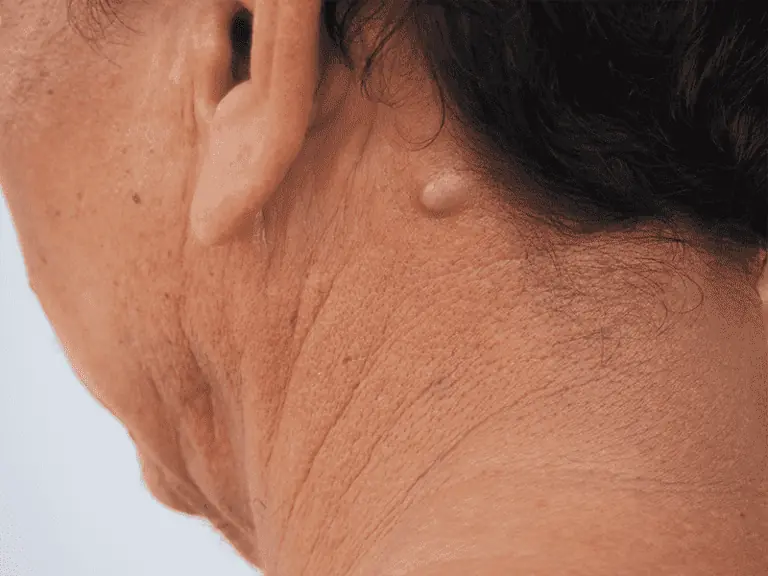
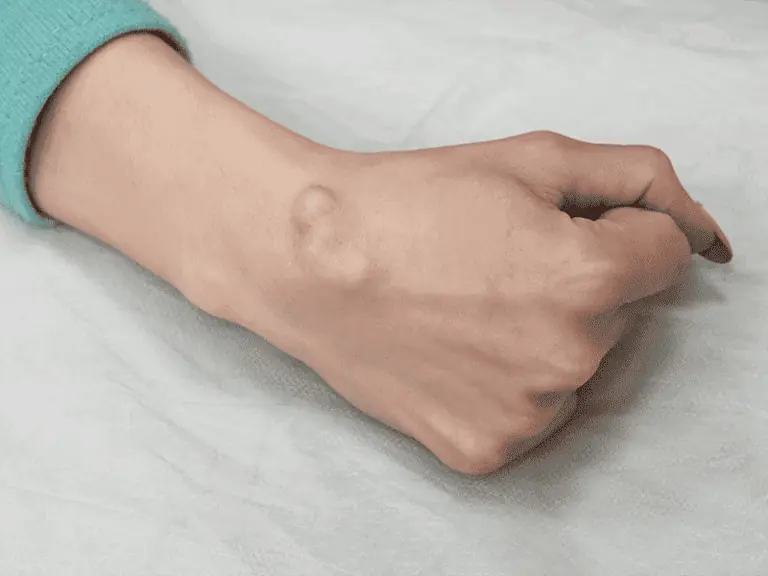
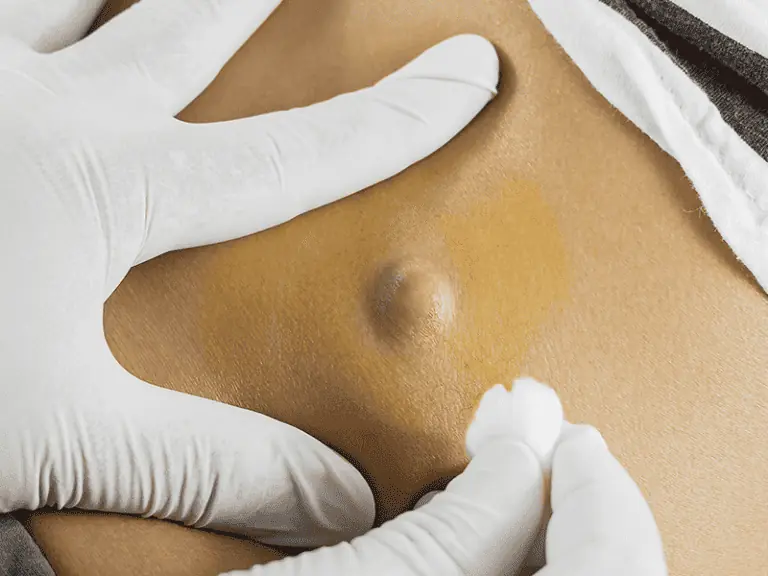
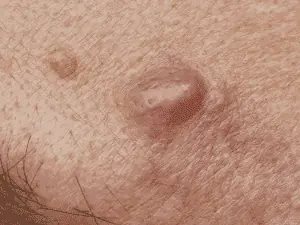
What skin cyst removal Options are Vailable?
Cysts are usually nothing to worry about and if they aren’t causing any problems can be left alone. Don’t be tempted to burst your cyst as you can spread the infection and are at risk of it growing back if the sac remains under the skin.
If your cyst is causing you embarrassment, pain or it is recommended to be removed, it can be treated by a consultant dermatologist. Inflamed cysts (or acne cysts) tend to respond well to cortisone injections. They shrink and inflammation improves, all within the first 24-48 hours. Larger cysts can be surgically removed by a number of differing techniques. If cysts continue to form, then treatment is the same as for acne with a drug such as oral retinoic acid.
Our Specialist Dermatologists can offer effective treatment to patients to help treat or improve cysts. If cysts are causing you problems, there is no need to suffer further.
FREQUENTLY ASKED QUESTIONS
ARE CYSTS A CAUSE FOR CONCERN?
Cysts are generally not a major medical concern, but they may swell up causing disfigurement, pain and every so often discharge their contents. Occasionally they can burst giving rise to sunken scars and scalp cysts can cause hair loss in the area in from which the cyst arises.
IS THERE ANYTHING I CAN DO AT HOME TO HELP MY CYST?
In some cases, cysts will go away on their own. Holding a warm compress such as a flannel against the cyst can help it to heal and reduce any inflammation you may be experiencing.
You should never try to pop the cyst as this can lead to infection.
If you are worried about a cyst or would like to find out the options to get it removed, arrange an appointment with a consultant dermatologist.
WHAT HAPPENS IF MY CYST IS INFECTED?
If you have an infected cyst, you may be offered antibiotics. A consultant dermatologist is also able to remove the cyst by cutting the skin and draining the fluid under a local anaesthetic.
ARE SOME CYSTS DANGEROUS?
Skin cysts are very rarely dangerous, however there are other types of cysts which can be a cause for concern. These include Ovarian cysts and pilonidal cysts.
REQUEST A CALL BACK
Please fill in this form and one of our team will give you a call back to arrange a consultation with one of our expert dermatologists.
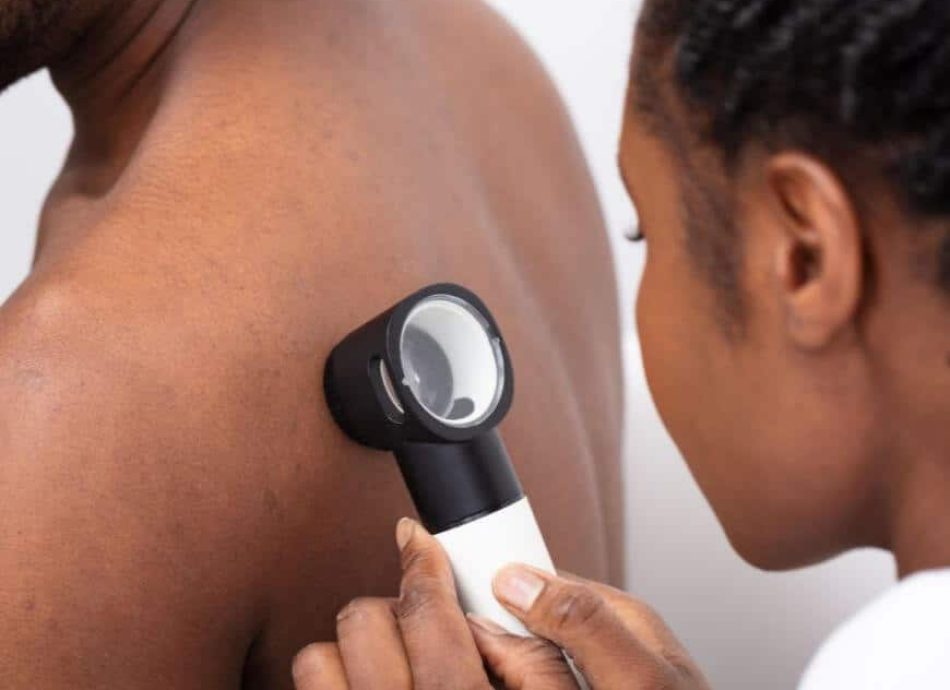
HEAR FROM OUR PATIENTS
WHY CHOOSE SKIN CYST REMOVAL AT STRATUM DERMATOLOGY CLINICS?
We work with leading experts in the field of dermatology to ensure you have the best experience and treatment. Stratum Dermatology Clinics are regulated by the Care Quality Commission, are part of the British Association of Dermatologists and are top-rated by patients on Doctify so you can assure safe and effective cyst removal with us.
latest INSIGHTS AND ADVICE

Guide to Fall Skin Conditions
Autumn, with all its stunning colours, also brings some challenges for our skin. As the air gets cooler and the leaves turn vibrant shades, it’s a reminder that we’re steadily approaching winter. Keeping your skin glowing and healthy during this transition from summer to the
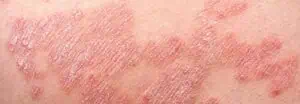
Eczema Awareness Month – Complete Guide on Eczema
October is Eczema Awareness Month. For individuals living with eczema, you will be all too familiar with the trials of handling this skin complaint. It’s our mission throughout October and beyond to educate, support and empower you by delivering invaluable insights on its origin, available

Understanding Varicose Veins: Symptoms, Treatments and Prevention
Varicose Disease Awareness Month focuses on raising awareness about varicose veins, a common but often ignored condition affecting millions globally. This September, we’re highlighting the importance of early detection, available treatments and lifestyle changes to effectively manage varicose veins. By increasing awareness, we aim to
